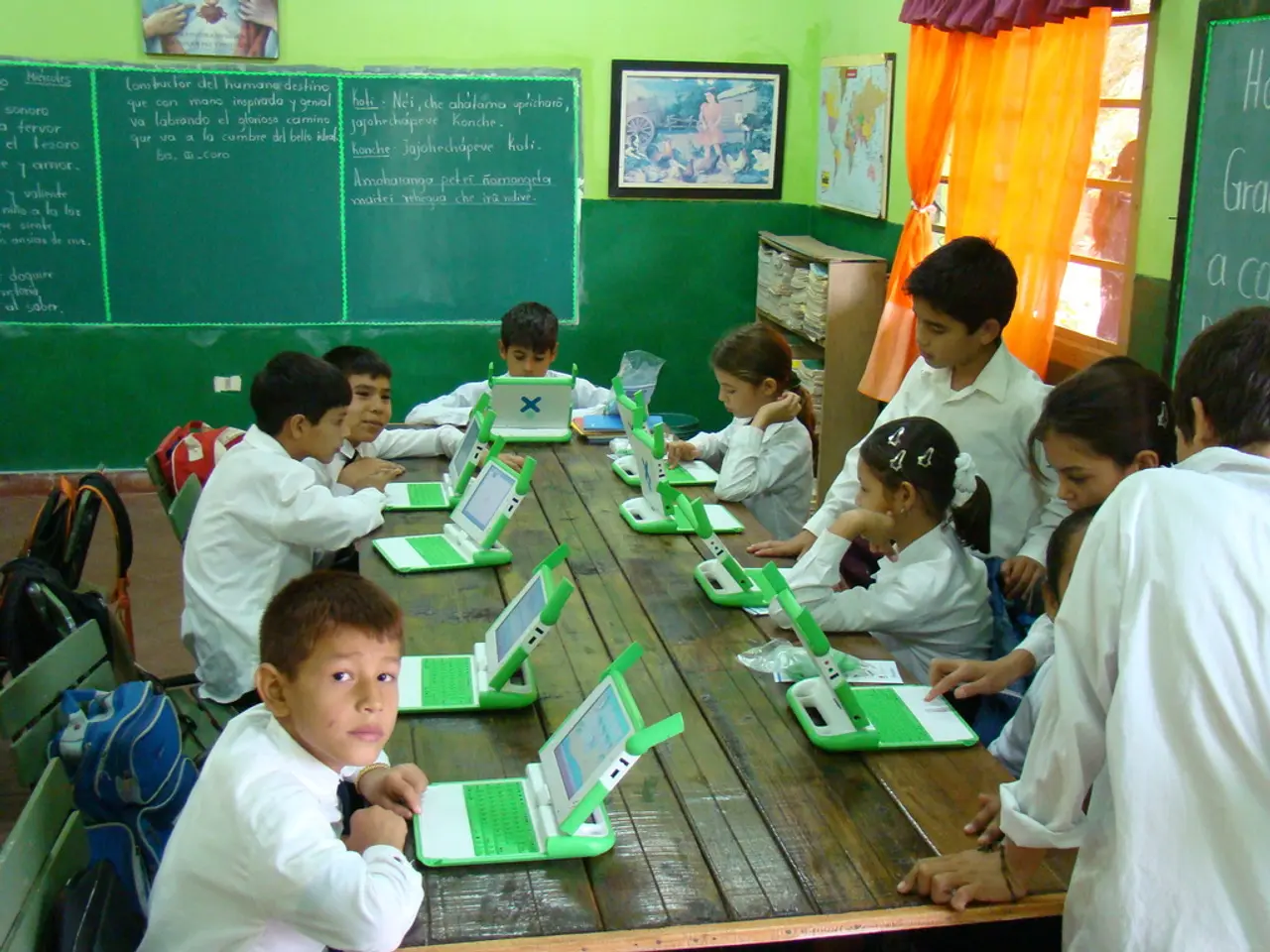Serious Data Breach Hits Kido Kindergartens, Exposing Children's Data
A serious data breach has hit Kido Kindergartens, exposing sensitive information of children and their families. The attack, carried out by a new group called Radiant, has led to the publication of 20 children's profiles, sparking concern and outrage. The breach occurred when Radiant hackers exploited vulnerabilities in Famly's software, used by Kido for cyber security, staffing, and reporting. The exposed data includes children's names, dates of birth, birthplaces, and personal details of parents, grandparents, and guardians, such as addresses and phone numbers. The attack appears to be a 'double extortion' incident, combining ransomware with data exfiltration. Radiant hackers have reportedly contacted parents directly for extortion, threatening to release more data if their demands are not met. This includes profiles of 30 more children and personal data of 100 employees. The education sector is often targeted due to its reliance on apps for parent convenience, which can lack adequate cybersecurity measures. The Radiant group is new and has no known affiliation to nation-state actors or established cybercrime syndicates. It is unclear which organization supplied the software for approval, personnel recruitment, and reporting used in the attack. Kido Kindergartens and other educational institutions are urged to review their security controls, rotate passwords, and adopt multi-factor authentication where available to prevent such incidents. The breach serves as a stark reminder of the importance of robust cybersecurity measures in protecting sensitive personal data.
Read also:
- Expanded Criticism of Human Rights Protections - Specialists Criticize Russia's Intensified Crackdown on Virtual Private Networks and Encrypted Applications
- Cyber Attack Nets $14 Million from WOO X Across Four Different Blockchains
- Artificial Intelligence's Self-Consumption: The Demise of the Attention Economy
- Auto industry giants Fescaro and TUV Nord team up for cybersecurity certification in automobiles








